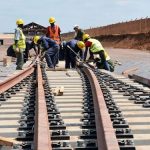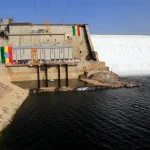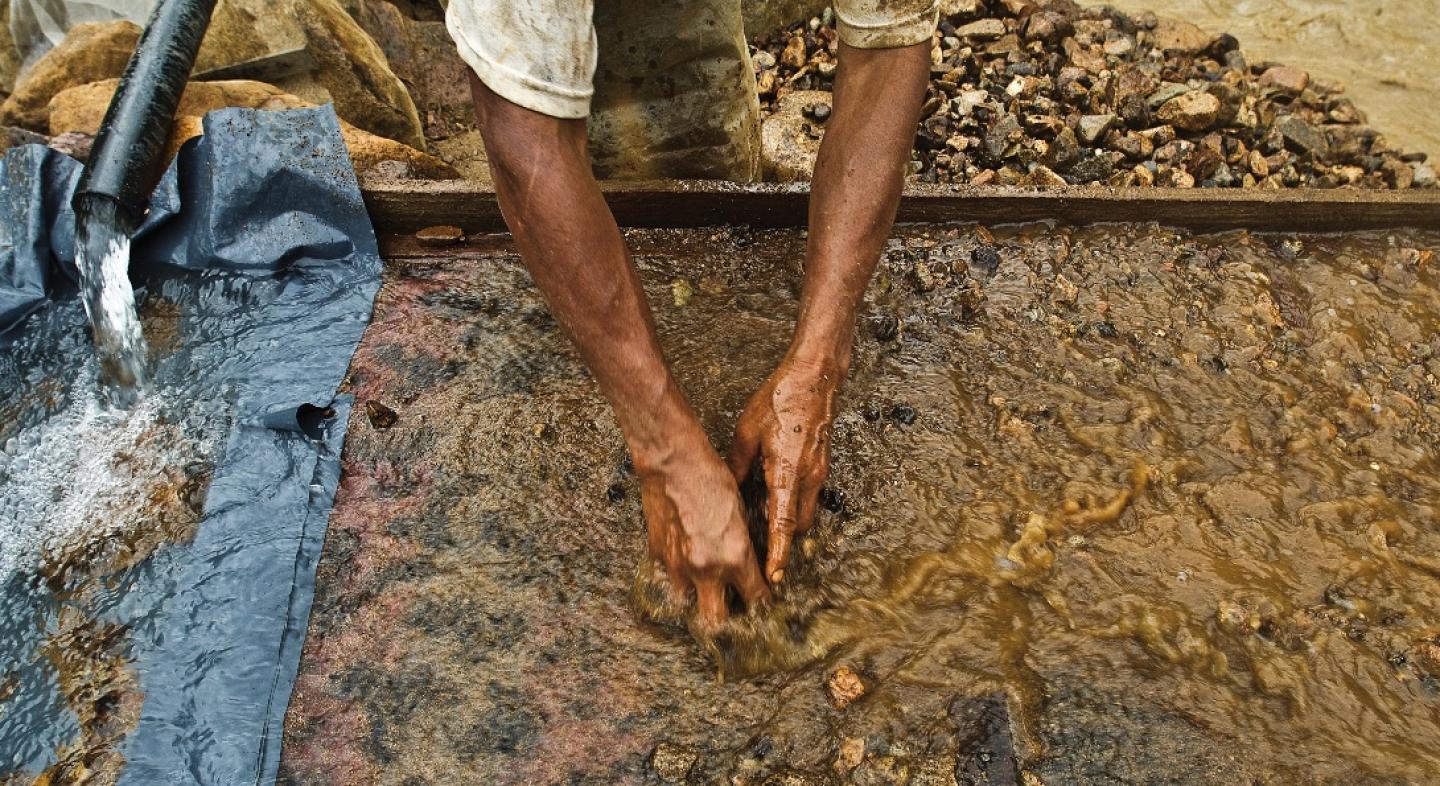This week in Lusaka, Zambia, an international forum focused on enhancing the artisanal and small-scale mining (ASM) of Development Minerals is underway. Development Minerals include construction materials, industrial minerals, and semi-precious stones, which sustain the livelihoods of millions, predominantly in Africa.
The Forum on Sustainable and Inclusive Mineral Value Chains is a platform for sharing knowledge and innovative practices in ASM, aimed at fostering sustainability and inclusivity, as well as adding value to Development Minerals. Running from April 15-17, 2024, the event is part of the European Union (EU) and the Organization of African, Caribbean and Pacific States (OACPS) Partnership Framework.
The United Nations Development Programme, alongside the Government of the Republic of Zambia and the African Minerals Development Centre (AMDC/AUC), organizes the event, implementing the ACP-EU Development Minerals Programme.
Attending the forum are over 140 stakeholders from African, Caribbean, and Pacific nations, including mining authorities, environmental agencies, artisanal miners and cooperatives, small-scale manufacturers, mining chambers, and international organization representatives.
The agenda includes presentations and panel discussions on effective practices in ASM, with a focus on sustainable materials, economic integration, circular economy strategies, ASM innovations, and the integration of digital tools and marketing strategies in the sector.
A special session will address the challenges and opportunities in mining critical minerals essential for renewable energy development.
James Wakiaga, UNDP Resident Representative in Zambia, noted, “This forum provides a vital opportunity for stakeholders to exchange successful strategies and innovations for a sustainable and inclusive future in artisanal and small-scale mining.”
The forum also celebrates the launch of Phase III of the ACP-EU Development Minerals Programme and revisits the Mosi-oa-Tunya Declaration on Artisanal and Small-Scale Mining, Quarrying and Development from 2018. It highlights ongoing activities and practices from partners and participating countries.
An exhibition at the event showcases products from artisanal and small-scale mining and value-added enterprises supported by the ACP-EU Development Minerals Programme, complete with practical demonstrations.
“Since 2015, the ACP-EU Development Minerals Programme has played a crucial role in highlighting the significance of Development Minerals, enhancing capacity building, and aiding the formalization of artisanal miners, thereby improving livelihoods across OACPS countries,” stated Junior Lodge, Assistant Secretary-General for Structural Economic Transformation and Trade of the OACPS Secretariat.
Following the forum, selected participants will engage in two days of training sessions on business and financial planning, and governance in ASM on April 18-19.
The ACP-EU Development Minerals Programme, in collaboration with UNDP, has notably influenced the artisanal mining sector, significantly contributing to job creation and local economic development. Since its inception, it has trained over 12,000 miners and engaged nearly 40,000 individuals in capacity-building and awareness activities, with considerable focus on promoting women’s participation. This initiative has led to the establishment or formalization of at least 800 mining cooperatives in regions including Zambia, Uganda, Cameroon, and Guinea.
Moreover, the programme has encouraged economic diversification and enhanced the capacity for value addition to Development Minerals, fostering job creation and contributing to peace and stability in regions like Cameroon’s Far North.
As it enters its third phase, the Development Minerals Programme continues to receive robust support from the EU and OACPS, promising a sustainable future for artisanal and small-scale mining aligned with Sustainable Development Goals.















